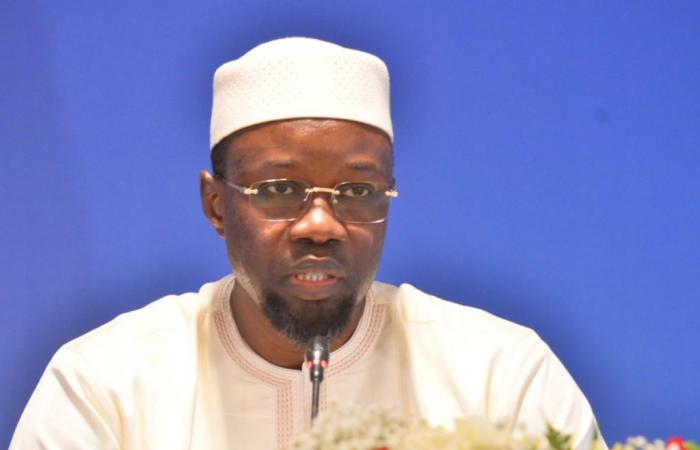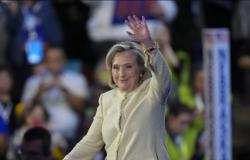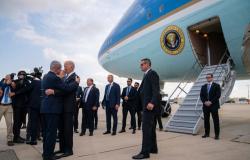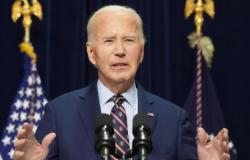The year 2024 was marked by major upheavals for the Senegalese economy, oscillating between hope and controversy. The revelations of Prime Minister Ousmane Sonko, who vigorously contested the official public finance data provided by the outgoing regime, sparked an intense debate on the credibility of Senegal’s signature. This controversy was added to other salient events: the withdrawal of Senegal from the FATF gray list, the production of the first barrel of offshore oil from the Sangomar field, the absence of a budgetary orientation debate for 2025 and the adoption of the 2025 budget without parliamentary debate. Sud Quotidien revisits these key facts of the Senegalese economy.
In 2024, the transparency of Senegalese public finances was at the center of debates. The report from the General Inspectorate of Finance (IGF) highlighted irregularities in the budgetary data presented by the Macky Sall regime. On September 26, 2024, at the Mamadou Dia Administrative Building, Prime Minister Ousmane Sonko, surrounded by several members of his government, made the IGF report public. This transparency exercise revealed an underestimation of public debt and budget deficits for the period 2019-2023.
The report notably showed that the real budget deficit, estimated on average at 10.1%, was almost double the 5.5% announced by the old regime. Similarly, public debt, presented as reaching 65.9% of GDP, was in reality 76.3%. At the end of 2023, the central debt excluding the parapublic sector reached 15,664 billion FCFA (83.7% of GDP), while the outgoing authorities had declared it at 13,772 billion (73.6% of GDP). This difference of nearly 1,892 billion FCFA, or 10% of GDP, would result from unpublished drawings on external loans and financing contracted from local banks in an opaque manner. It remains to be seen whether the Court of Auditors will confirm this supposed financial carnage.
Still in 2023, the adjusted budget deficit was around 10% of GDP, while the outgoing regime announced a deficit of 4.9%. These discrepancies led to an intervention by the IMF, which welcomed the transparency effort of the new authorities while awaiting the conclusions of the Court of Auditors’ report.
IMF intervention and political tensions
Following the Prime Minister’s revelations, the IMF dispatched a mission to Dakar to assess the situation. Although the Fund welcomed the approach of the new authorities, it called for strengthening transparency mechanisms. During his press conference, Ousmane Sonko accused former President Macky Sall and some of his collaborators of mismanagement and embezzlement of public funds.
These accusations amplified political tensions, with the cancellation of the budgetary orientation debate scheduled for June 29, 2024 and the dissolution of the 14th legislature in September 2024. The 2025 finance bill was finally adopted without debate, sparking a strong protest from certain deputies.
Senegal leaves the FATF gray list
Despite these controversies, the year 2024 was also marked by progress. Senegal’s removal from the Financial Action Task Force (FATF) gray list represents a major success in the fight against money laundering and terrorist financing. This victory strengthens the country’s international credibility and its attractiveness for foreign investors.
The Senegalese economy recovers in the third quarter
In the third quarter of 2024, the Senegalese economy recorded notable improvement, growing by 3.8% compared to the previous quarter. This recovery is explained by a control of inflation (-2.8%) and a slight depreciation of the CFA franc (-1.0%) compared to the currencies of the main trading partners.
However, over the first nine months of the year, Senegal suffered a loss of price competitiveness of 1.6%, largely due to the appreciation of the CFA franc (+7.5%).
Senegal becomes an oil producing country
On June 11, 2024, Woodside Energy announced the production of the first barrel of oil from the Sangomar field, marking Senegal’s entry into the circle of oil-producing countries. This development paves the way for significant revenues from 2025, notably thanks to ongoing oil and gas projects, such as Grand Tortue Ahmeyim (GTA).
Unevenly distributed growth
Despite economic growth estimated at 5.3% in 2024, social inequalities remain a major challenge. The benefits of this growth are not yet reflected in the daily lives of a large part of the population.
An outlook for 2025
For the coming year, priorities include rigorous management of hydrocarbon revenues, increased transparency of public finances and an acceleration of structural reforms. If these objectives are achieved, Senegal could strengthen its role as a model of economic development in West Africa.
JEAN PIERRE MALOU






